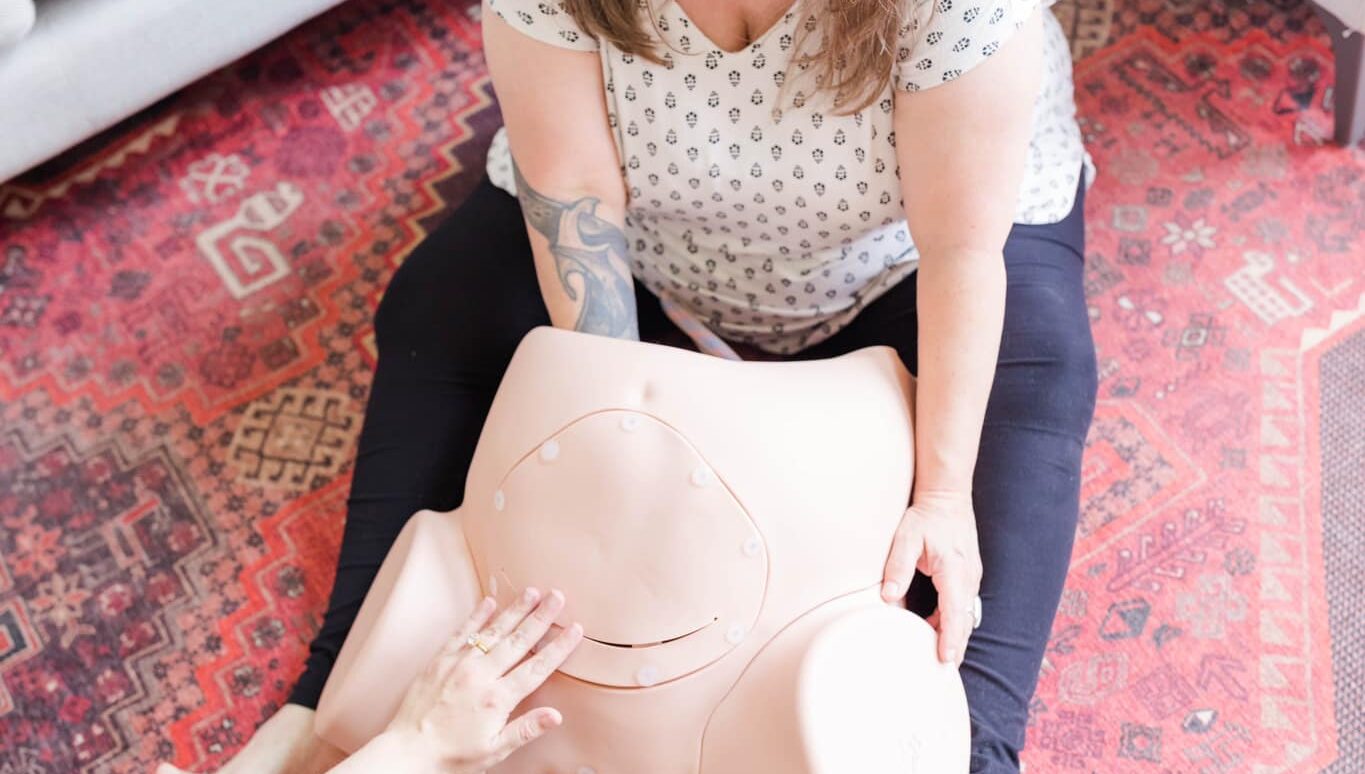


DAY FOUR: Today is all about attending a normal labor and birth. We'll cover how to tell if it's labor and how to avoid maternal exhaustion. Understanding contraction patterns and what they tell us. Understanding fetal heart tone patterns and what they tell us. Documentation. And some fun with role-playing
DAY FIVE: A day full of activity as we use simulations to practice variations including vaginal breech birth, twins, and posterior positions. The adrenaline continues to flow as we practice simulations of complications including fetal distress, shoulder dystocia and prolapsed cord.
DAY SIX: Our last day is about the Postpartum, the Perineum and the Placenta. We'll cover postpartum priorities and complications; assessing and understanding options for repairing the perineum; and look at the placenta in a whole new way. We'll finish with an experiential way to look at the neonatal transition to becoming an air breather.
POST-GATHERING: Another virtual gathering will wrap up our time together with topic to be determined by the group.

"It has taken me a bit to find the words. Our time together holds such magnitude. The changing woman was a highlight for me-really grateful for that send off. Every evening we shared together, I took something new with me. Since then women have been seeking me and in the most organic ways. I have tons of stuff I want to add to my bag but my most prized take away was receiving this lineage from you all.
Missing and loving you all dearly.
Tay
“The teachings by Sarita and Rowan were concepts beyond midwifery training. I thought I was going to learn about basic foundational concepts of birthwork, and I did, but more importantly, what I walked away with was an immense confidence in myself and trust in birth. This training is the return of birth as a physiological process. I am inspired and transformed. Thank you Rowan and Sarita for so beautifully constructing a course rooted in both wise woman medicine and traditional honest midwifery." Melinda
"I have found myself happy with all the golden nuggets i have learned as a whole ♥️ As far as practical, I added sea weed and manuka. I have shifted perspective on carefully not diluting blood after blood loss. And I know that this is random but a big shift was my conversation about doulas… I found my voice in encouraging sisterhood." Monica